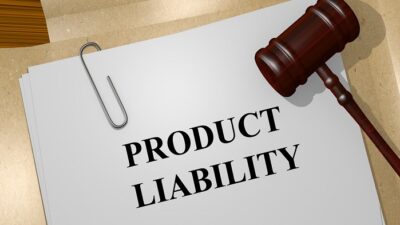TPD or ‘Total Permanent Disability’ insurance is a form of health insurance specific to any situation where the policyholder is rendered ‘totally and permanently’ disabled. This may be as a result of working, injury, or illness, but, as with all forms of insurance, your chosen insurer may have a list of exceptions you should familiarise yourself with before purchasing a policy.
Table of Contents
Is TPD insurance necessary in Australia?
As with most insurance policies, it is a case of balancing affordability with perceived and actual value. If you are unlucky enough to find yourself in a situation where you require a TPD policy, it is obviously preferable to have it. However, each individual must assess their own chances of being in that position and what it would mean for them financially if the worst should happen.
Who is eligible for TPD insurance?
Terms and conditions will vary slightly from one insurer to another but it is generally safe to assume that in order to be eligible for TPD insurance, you must be:
- Gainfully employed – This type of insurance policy is not offered to individuals without employment. An assessment of this will be made at the time of application.
- Aged 19-62 – Other similar forms of insurance are available that include younger people and post-working-age seniors but TPD is not one of them.
What other factors are taken into consideration when creating a TPD insurance policy?
- High-risk occupations – If a potential TPD policyholder has an occupation deemed to be ‘high-risk’ the chances are their premiums will rise accordingly. There is even a chance they may be denied coverage altogether, depending on the occupation in question.
- Lifestyle choices – A catch-all category that includes any unhealthy, dangerous proclivities, pastimes, or activities. These include, but are not limited to: smoking, drinking, and taking drugs, and adrenaline sports like skydiving, white-water rafting, or mountain climbing. If you often ride a motorcycle along the exhilarating Oxley Highway from Wauchope to Walcha, your insurance company wants to hear about it.
- Overall health record and family history – If there is any history of hereditary diseases in your wider family history, this information is key to your application for TPD insurance and must be declared. Failure to do so is sure to cause huge problems in the event of any TPD claim and may constitute grounds for denial. Any pre-existing health conditions will also be taken into account but these are easier for your insurer to verify through your personal health records.
Should you purchase TPD insurance?
As with all matters of such a personal nature, it is impossible to offer blanket advice, valuable and applicable to all. What it is possible to say, however, is that the more protections you can afford for yourself and your family, the better overall position you will be in. If the premiums associated with TPD and other forms of health insurance are prohibitive, you may wish to seek further advice before proceeding, ensuring you choose wisely. A reputable insurance partner will be able to give you an honest appraisal of your circumstances and recommend the best policy for you. Alternatively, you might wish to seek independent financial advice beforehand.















Comments